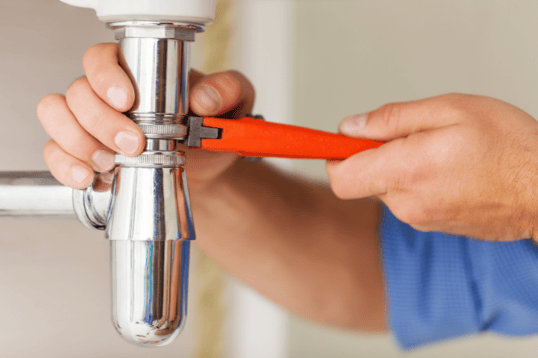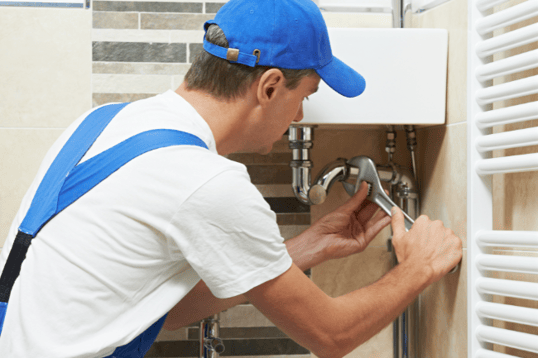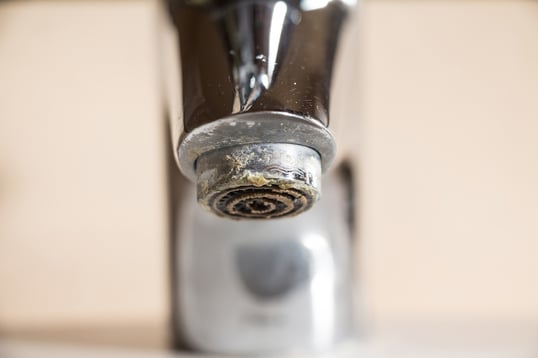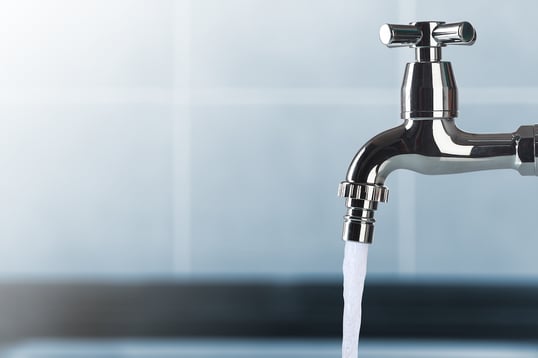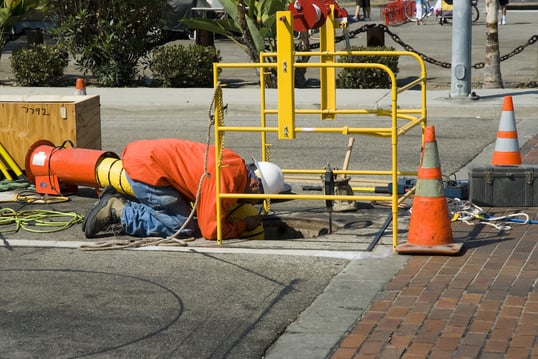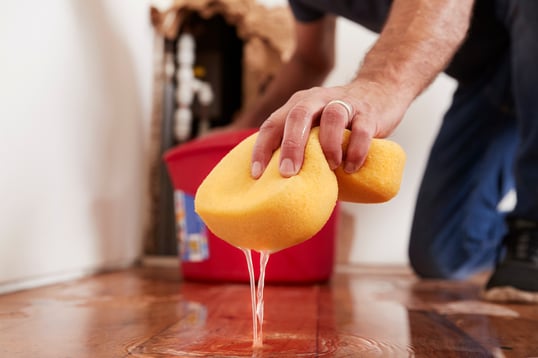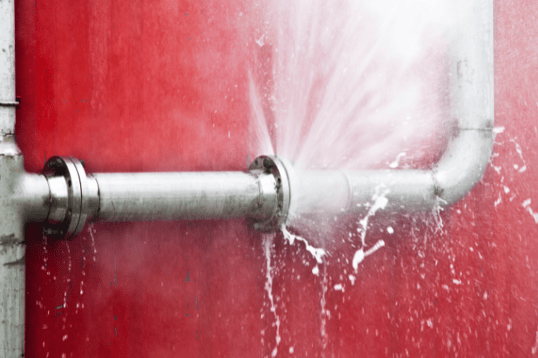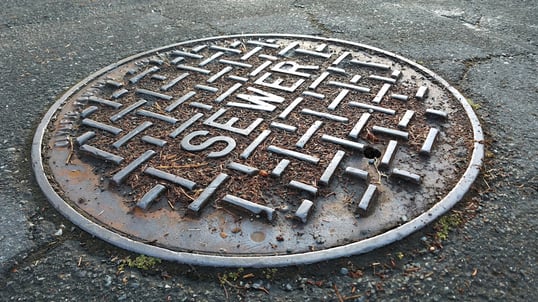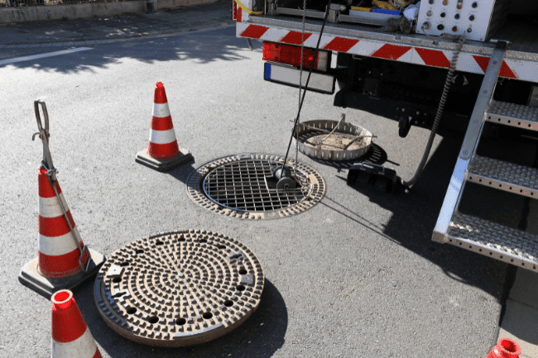When it comes to residential pipe repair, many of the techniques and procedures used by professionals seem cut and dry. Some pipes can be excavated manually, and some pipes can be restored with cured-in-place epoxy material. Pipe repair isn’t a mysterious thing; however, there are several important things the average homeowner overlooks when considering different pipe repair options.
Read More
Having a plumber on speed dial who you can trust is almost as necessary for your home or office as having a primary doctor for your health; so who’s your go-to California coast plumbing expert?
Read More
Hard water may be one of the most common plumbing problems across the country. An incredible 85% of the United States has hard water, so there’s a strong likelihood that you live in a state with hard water problems. When it comes to residential plumbing, understanding the difference between hard and soft water is crucial. So, let's take a look at the differences between hard and soft water, why it’s important to recognize the signs of hard water, and what hard water solutions are available.
Read More
Back in 2018, the California Department of Water Resources enacted a bill that established requirements for low-flow fixtures in both residential and commercial buildings, restrictions on outdoor water use, such as limits on lawn watering, and incentives for water-saving technologies like rainwater harvesting and graywater systems.
Read More
One of the biggest challenges facing municipalities across the country is the maintenance of the hundreds of thousands of miles of public sewer lines and the lateral lines that connect private residences to the public sewage system. According to the U.S. Environmental Protection Agency (EPA), there are between 23,000 and 75,000 sewer overflow events every year, most of them caused by deteriorating infrastructure. Local governments are expected to invest billions in repairing these wastewater assets, forcing civic planners to seek out cost-effective solutions that will allow them to deliver the most value with their limited budgets.
Read More
Odds are that if you’ve lived in your home for long enough to come across one or more plumbing emergencies. Residential plumbing emergencies are serious issues that need to be tackled quickly and effectively before you're faced with an even bigger problem on your hands.
Read More
Caring for home water pipes can be tricky business if you don’t fully know exactly what you’re doing (such as in repairs, renovations, or even everyday use), or what to look for when diagnosing abnormal pipe behaviors.
Read More
Whether you are just beginning your plumbing business or expanding it, the addition of a subcontractor to your toolkit can help the financial growth of your labor. Purchasing equipment can be costly and many businesses cannot spend thousands of dollars for the equipment necessary to do larger jobs and trenchless jobs that will add to your bottom line, and increase your customer base.
Read More
Sewer line backups and replacements are plumbing nightmares that can be both tedious and expensive. Homeowners are obviously responsible for their own residential plumbing, such as a clogged sink drain. However, what about problems with the sewer system past your property line or problems with a sewer line from the house to the street? Basically, you want to know, when is the city responsible for sewer lines and plumbing repair? There are some cases where the city or municipality will be held responsible for fixing, while others will leave the homeowner responsible.
Read More
Municipal sewer line damage can be a costly and frustrating problem to deal with. Road closures, expensive digging, and long labor hours all add up to high, and often unpredictable, final price tags.
Read More
